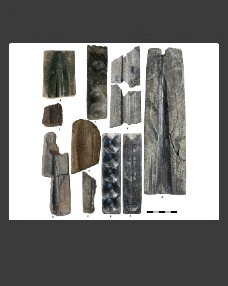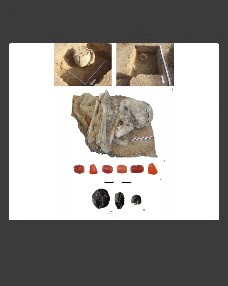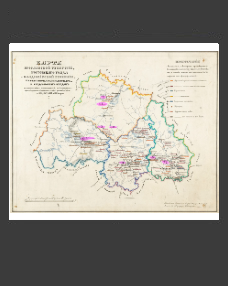Viktor G. Zubareva,#, Vadim V. Мaikob,##, and Мariya R. Moguchevaa
a Tula State Lev Tolstoy Pedagogical University, Tula Russia
b Institute of Archaeology of Crimea RAS, Simferopol, Russia
#E-mail: parosta@mail.ru
##E-mail: vadimmaiko1966@mail.ru
Keywords: Eastern Taurica, the Saltovo-Mayaki culture, Belinskoye settlement, cellar pits, winemaking.
The publication focuses on new archaeological sources to resolve the issue of the role of winemaking in the economic activities of inhabitants of the Saltovo-Mayaki settlements on the Kerch Peninsula. This branch of farming was traditionally characteristic of the Taurica residents, both in the antiquity and in Khazar period. The modern source base for the reconstruction of the economic specialization of a certain settlement is constantly replenished with the results obtained using science methods. This is also true of winemaking. Longterm excavations of the Belinskoye settlement of the Saltovo-Mayaki culture in the north of the Kerch Peninsula suggest another traditional archaeological source, namely, household pits containing vessels filled with liquid. It was the liquid that contributed to the ideal preservation of pottery after filling the pit. It can be assumed that it was the way to filter from precipitation and settle young wine placed in amphorae and jars for the required period of time. The scarcity of such pits in the settlement and the lack of analogues from other Saltovo-Mayaki settlements in the Kerch Peninsula does not allow considering winemaking the main occupation of the local population, unlike that in the southwestern Crimea. However, it is possible that this activity was limited to a household scale.
DOI: 10.31857/S0869606322040201







